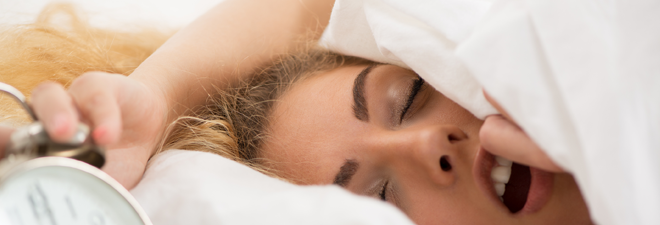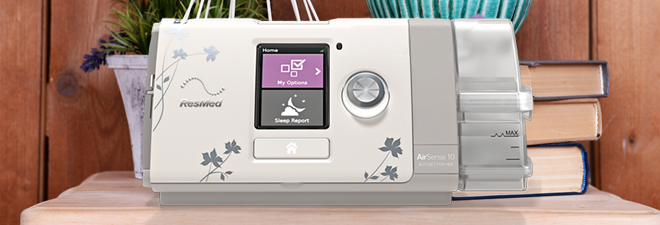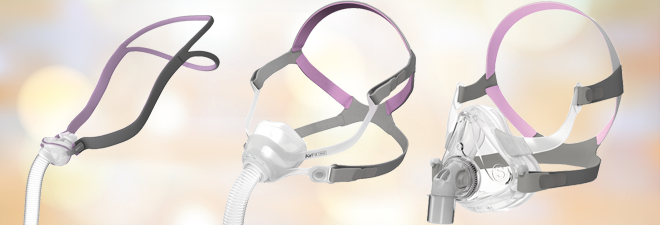Women Can Get Sleep Apnea Too?
John Lennon once quipped: “There is a great woman behind every idiot.” That sentiment very well may be true, especially if that idiot is someone who believes women can’t have sleep apnea. Women are smart, powerful and alluring, but that doesn’t mean that women aren’t immune to the sleep disorder known as obstructive sleep apnea. Although men are much more susceptible to OSA, there is still a very large contingent of women with the sleep disorder. In fact, there are actually some surprising and disheartening statistics about women and sleep apnea:
- An estimated one in four women over the age of 65 has obstructive sleep apnea.
- The risk for sleep apnea rises significantly after the age of 50
- Women who are going through menopause are 3.5 times more likely to have OSA
- Roughly 14% of women between the ages of 55 and 70 are thought to have more severe obstructive sleep apnea
- Obesity is a major risk factor for obstructive sleep apnea in women
- An estimated 84% of women with high blood pressure may have sleep apnea
The Tests Tell A Different Story About Women and Sleep Apnea
Since doctors and sleep researchers have been studying obstructive sleep apnea and the casualties of the disorder, like increased risk of heart attack and stroke, it was generally considered a man’s disorder. Actually, doctors pretty much believed that women just couldn’t develop sleep apnea. Most women would probably be content to leave it at that, but as we learn more and more about OSA, doctors are realizing that women can suffer from sleep apnea too. There have actually been some surprising results to a plethora of studies over the last few years that point out how damaging the sleep disorder can actually be in women:
- Sleep apnea decreases the body’s automatic response system – more so in women than in men – which can lead to heart disease and damage to the brain and other organs.
- Sleep apnea kills more brain cells in women than it does in men.
- Sleep apnea may cause pregnancy complications.
- Sleep apnea can often complicate the symptoms and physical changes that occur during menopause.
- Sleep apnea in women can increase the risk of death.
Why Women Should Be Diagnosed for Sleep Apnea
The scary part about sleep apnea in women, and the reason why doctors long believed that women weren’t prone to OSA, is that the symptoms are much more different in women than they are in men. Oftentimes, they are a lot more imperceptible. For instance, men often exhibit tell tale signs of obstructive sleep apnea, like extremely audible snoring and gasping while sleeping. Go figure – women exhibit much subtler symptoms. Here are some of the common symptoms of sleep apnea in women:
-
- Restless leg syndrome
- Depression
- Insomnia
- Weight gain
- High blood pressure
- Morning headaches and sickness
Now there is a machine specially designed to treat sleep apnea in women. Unlike any other CPAP before, the AirSense 10 for Her has a unique algorithm that caters to women’s physiology and subtle symptoms. Easy Breathe also carries a wide variety of masks for women so you can find something that works for you.
Why Women Should Get Down With CPAP Treatment
Lucky for all the ladies out there with sleep apnea – there is hope. For one, if you keep getting told by doctors that you don’t have sleep apnea, you should order a home sleep test, which can easily be administered in your own home and can be a lot more comfortable than visiting a sleep lab. Before you know it, you could have a prescription to start undergoing CPAP treatment, which could eliminate your sleep apnea symptoms and vastly change your life. Speaking of CPAP treatment – if you are worried about a mask getting in the way of your beauty sleep, it is important to note that your CPAP mask could actually be an integral part of your beauty regimen. No really, there was a study that pointed out that CPAP can make you objectively more attractive.












